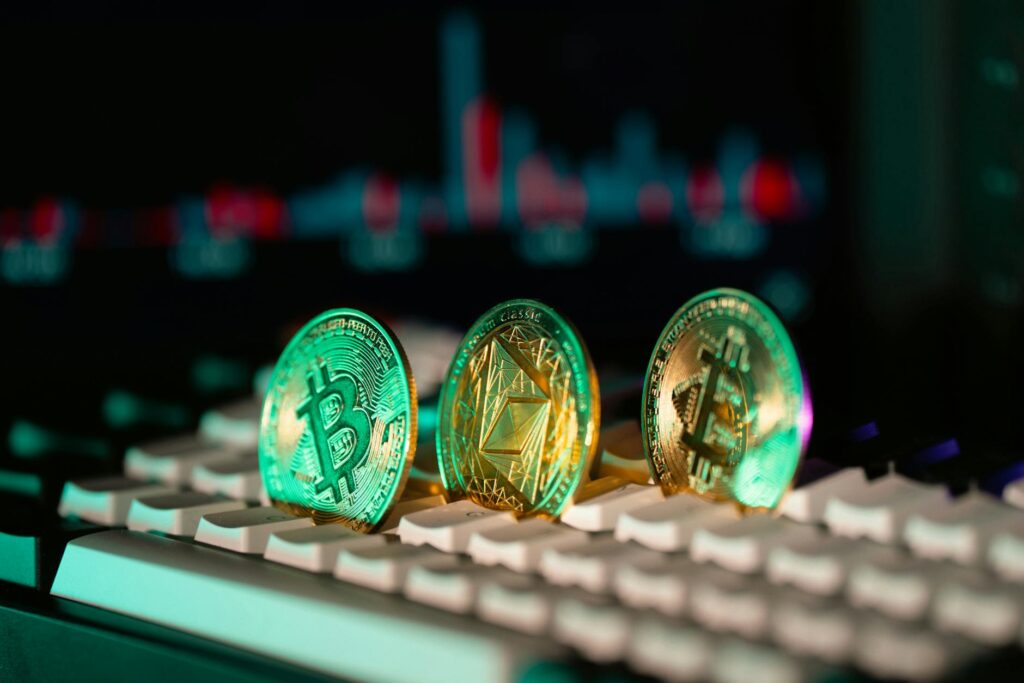Australia’s PM Walks a Tightrope in China—Trade vs. Security
The Big Picture
So Australia’s Prime Minister Anthony Albanese just wrapped up six days in China, and let me tell you—it wasn’t your average diplomatic visit. With Trump possibly coming back to power in the US and China getting more assertive globally, this trip was like trying to pat a dog while it’s eating. You want the economic benefits, but one wrong move and things could get messy real quick.
What Was Albanese Really After?
Bringing Back the Chinese Tourists
Remember pre-COVID times when Chinese tourists were everywhere in Australia? Yeah, those were the days—$12 billion worth of days, to be exact. Albanese is pushing hard to get those numbers back up, with easier visas and more cultural exchanges. But here’s the thing: current visitor numbers are still less than half what they were. “China’s our biggest tourism market,” he kept saying, like he was trying to convince himself as much as anyone else.
The Steel Deal: Smart Move or Future Headache?
They signed this big steel agreement that’s supposed to help both sides. China gets our top-quality iron ore, our miners get steady business. Sounds perfect, right? But I’ve got this nagging feeling—what happens if political tensions flare up again? We’ve been burned before when we put all our eggs in one basket.
The Elephant in the Room: Security Stuff
Trump 2.0 and What It Means for Us
If Trump wins again—and let’s be honest, that’s looking more possible by the day—Australia could get squeezed between two superpowers playing chicken. A security expert I spoke to (who didn’t want their name used) put it bluntly: “We’re the meat in this sandwich, and nobody likes soggy bread.”
Military Tensions That Won’t Go Away
China’s been flexing its muscles near Taiwan and in the South China Sea, which makes all this trade talk feel a bit… awkward? Meanwhile, we’re still tight with the US and UK through AUKUS. Albanese tried to play it cool, saying stuff like “We want trade, but not if it means compromising our values.” Classic politician speak—says everything and nothing at the same time.
What Our Neighbors Think
Southeast Asia’s China Dilemma
Countries like Vietnam and the Philippines are playing both sides—taking Chinese money while keeping the US close. Australia’s trying to do the same dance, but it’s tricky. One diplomat from the region told me, “You guys need to stop looking so desperate when Beijing waves money around.” Ouch.
Is the US Really Here to Stay?
With all the drama in American politics, people here are starting to wonder if they can really count on the US long-term. Australia’s strategy—getting cozy with Asia while still relying on US security—might need a rethink soon.
What Actually Got Done?
The Good Stuff
Besides tourism and steel, there were some smaller wins in clean energy and education. Farmers and universities are cautiously optimistic, but nobody’s popping champagne yet.
The Unfinished Business
Nobody expected miracles on Taiwan or the South China Sea, and surprise—no miracles happened. “We’re still talking,” Albanese said, which is diplo-speak for “We agreed to disagree but want to sound positive.”
The Bottom Line
Here’s the deal: Australia needs China’s money but can’t afford to look weak on security. As the world gets more unpredictable, this balancing act is only going to get harder. Keep an eye on how this plays out in upcoming meetings—and whether the US decides to shake things up again.
Source: Financial Times – Global Economy

